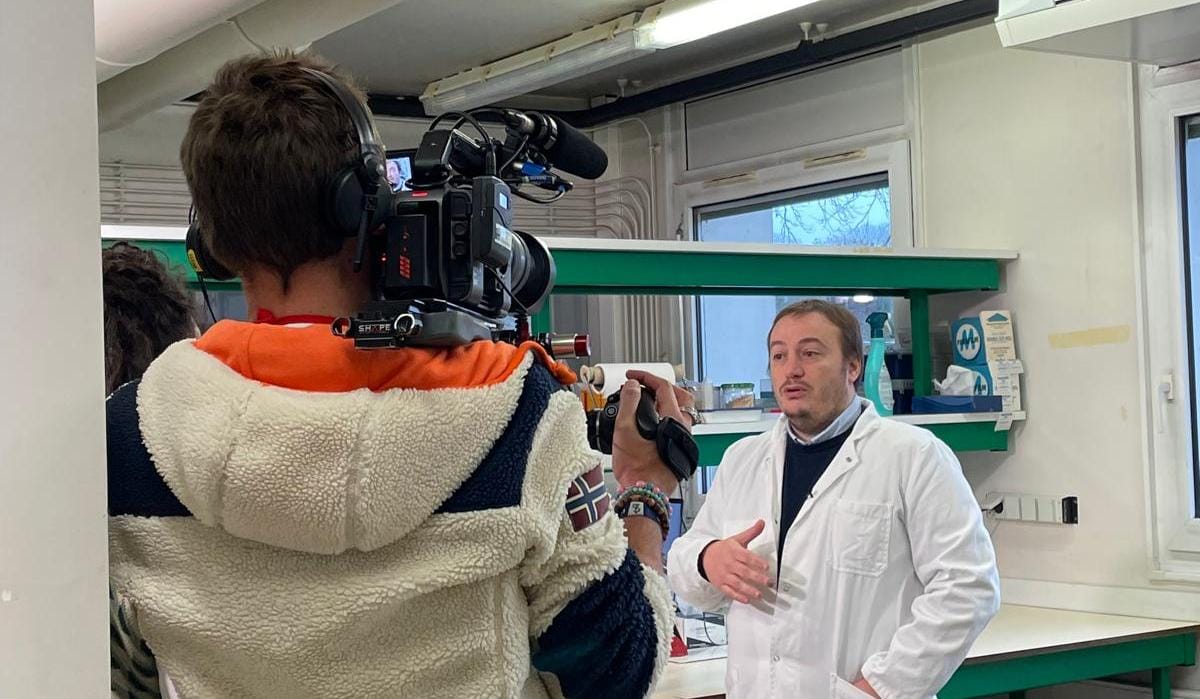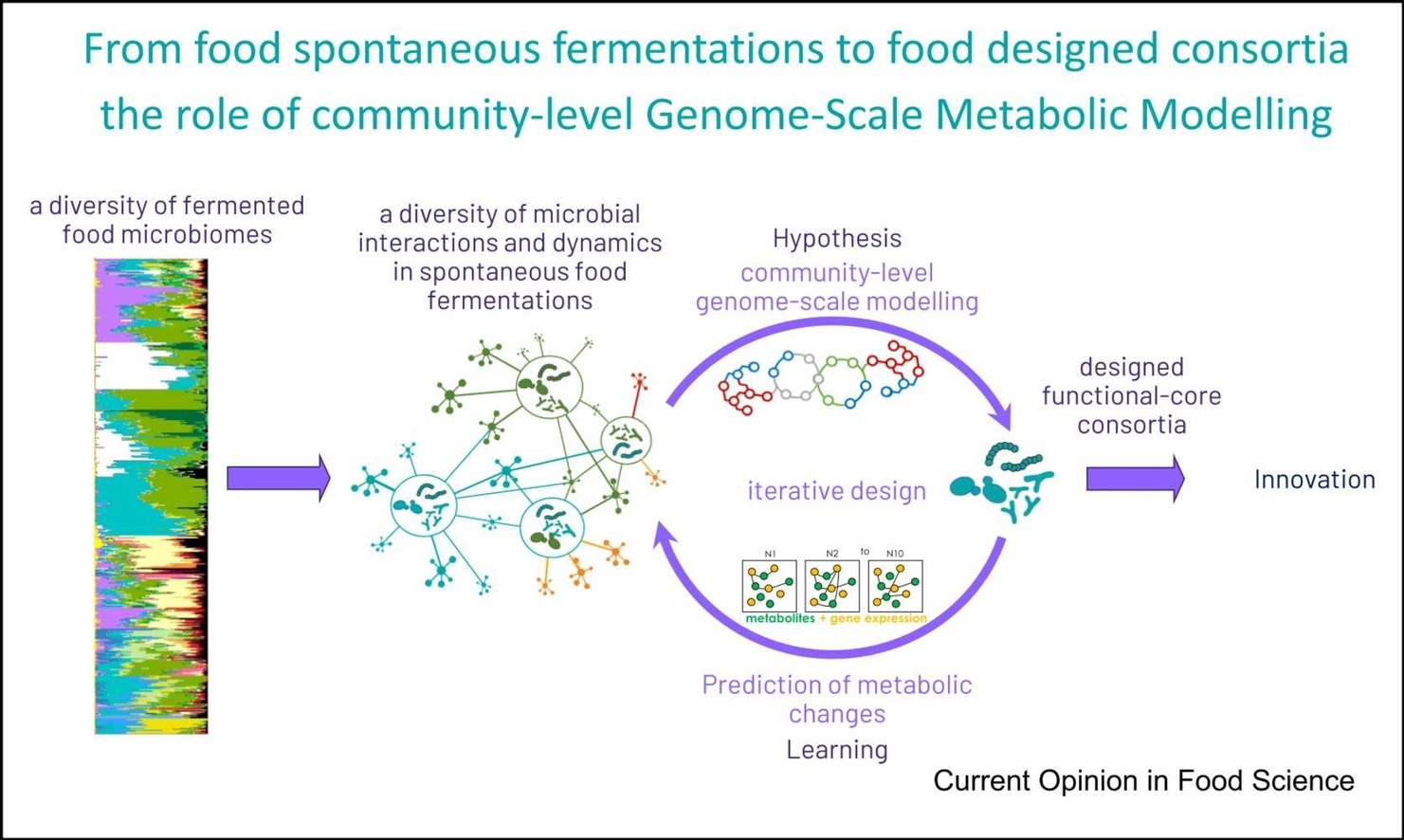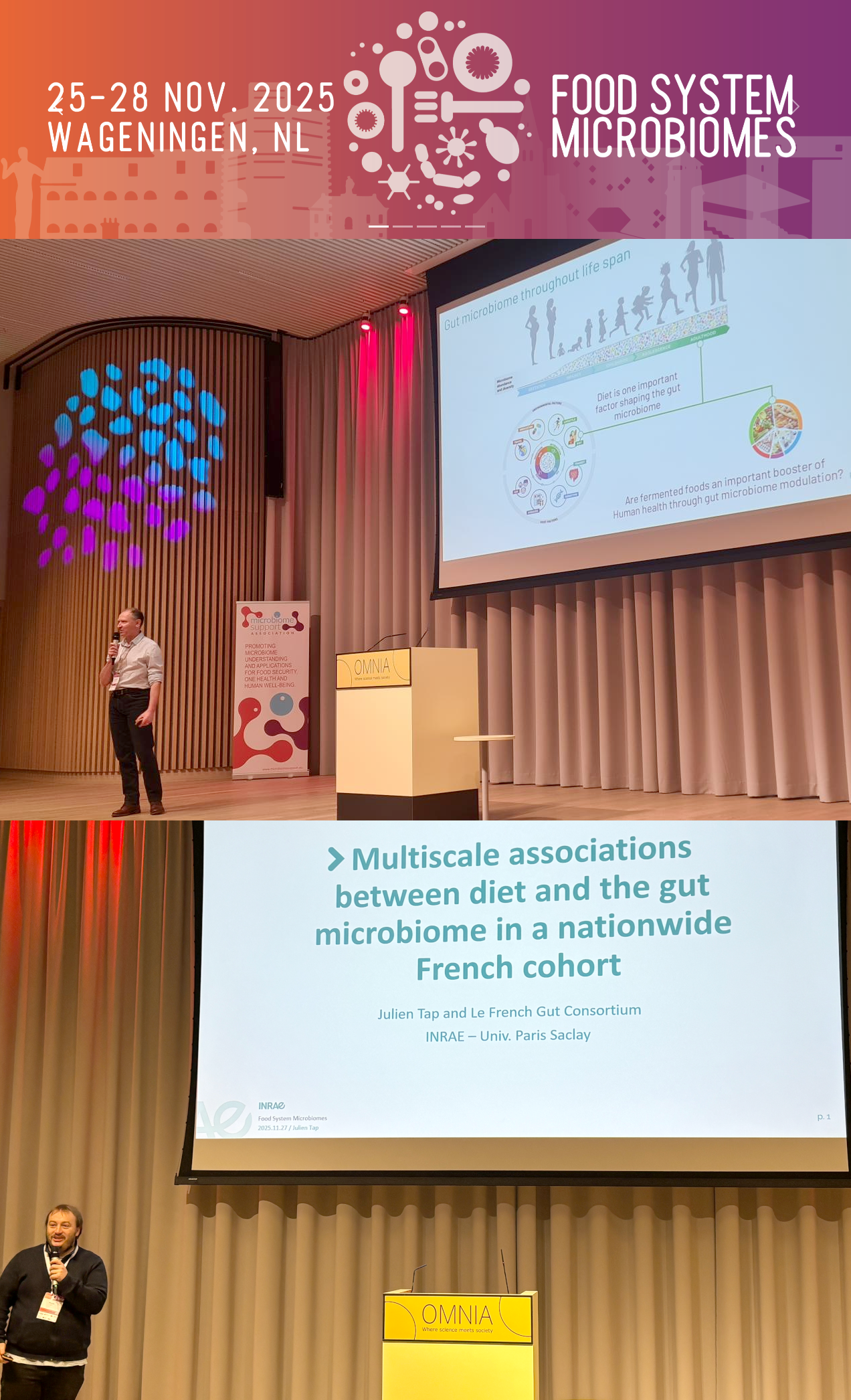Published: Feb 3, 2025 by FME Lab
We were thrilled to welcome the E=M6 crew to our lab for an exciting deep dive into the science of fermented foods.
In their episode “Aliments fermentés : conservation, bienfaits santé, ils ont tout bon !”, host Mac Lesggy takes viewers on a journey through the world of fermentation — from its age-old role in food preservation to the emerging evidence on health benefits.

Julien talked about lactic acid fermentation, using sauerkraut as a perfect example of how microbes transform simple cabbage into a flavorful and friendly food.
It’s always a pleasure to see fermentation science gaining the attention it deserves. Special thank to Alice and William for their support.
➡️ more on replay


